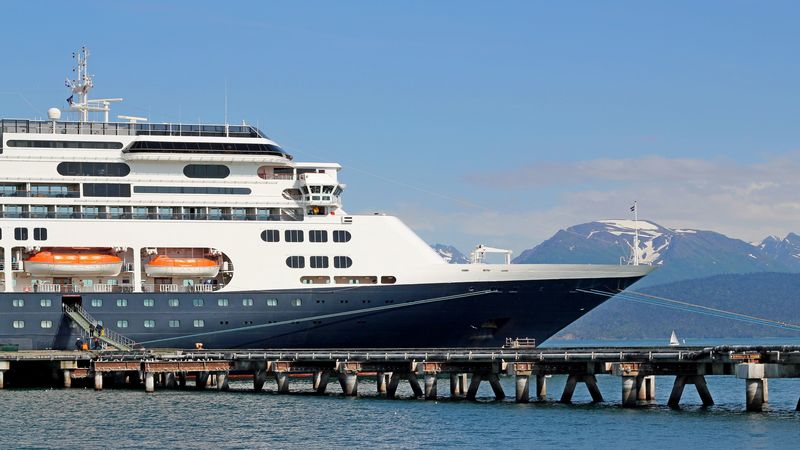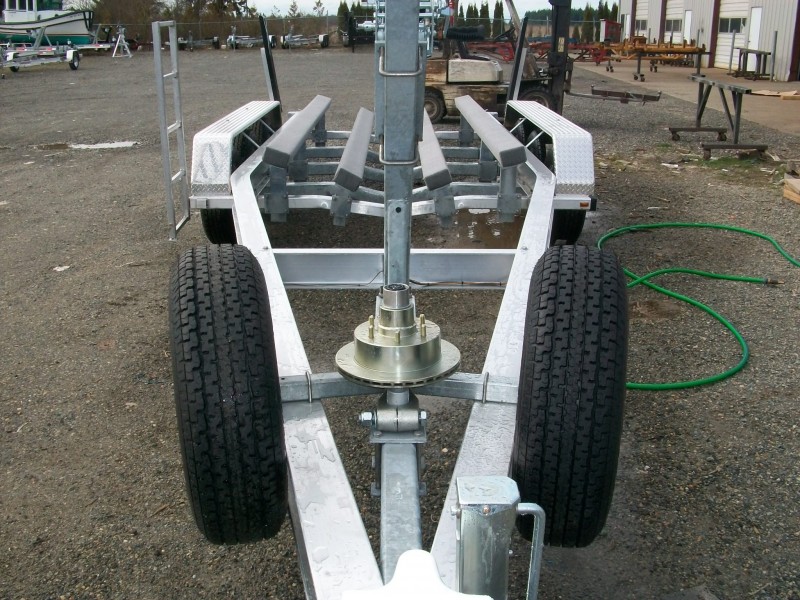Transport types of trailers for boats are an important investment. They allow you to safely move your boat short or long distances traveling across paved interstate highways and even down less well maintained dusty gravel roads to get to the launch.
Taking care of this investment by maintaining and troubleshooting issues on hydraulic trailers is a simple way to extend their life and to help to reduce the risk of any type of costly damage or repairs. By starting out with a maintenance plan in place there is less risk of problems the first time you head out in the spring with the boat, or when you are trying to get the boat out of the water and into storage before the cold weather sets in.
Never Overload the Trailer
One of the biggest problems with damage to hydraulic trailers is because of overloading the trailer. While trailers are designed to accommodate up to a specific length of boat, they also have a maximum weight capacity. Often when boat owners upgrade their craft, they forget to check the actual weight on the trailer, which adds stress to the hydraulic systems, the frame and of course to the braking system.
Checking Brakes Annually
It is a good idea to have a mechanic or a brake specialist check the brakes on all boat trailers at least once a year. The best possible time is right before the start of the season, allowing a full inspection and check of the entire system.
In many cases, and particularly with drum brakes, minor adjustments will need to be made each year, particularly if the trailer is used on a regular basis. However, even if it is only used occasionally, this is not a maintenance routine that should be skipped. Disc brakes on trailers will require less maintenance, but still should be checked annually.
At the same time, ensure that all wheel bearings are greased. Checking all seals and making sure there is no damage to the seals, something that often occurs if the wheels are submerged in water while they are still hot.
Finally, check all lights, electrical wiring and all fasteners on the arms, winch and any moving or stationary parts on hydraulic trailers. Check for any signs of leaks or damage to hoses or the cylinders. It will also be essential to check the lug nuts on the wheels before every use, and this should become the most frequent check of anything on your trailer.


